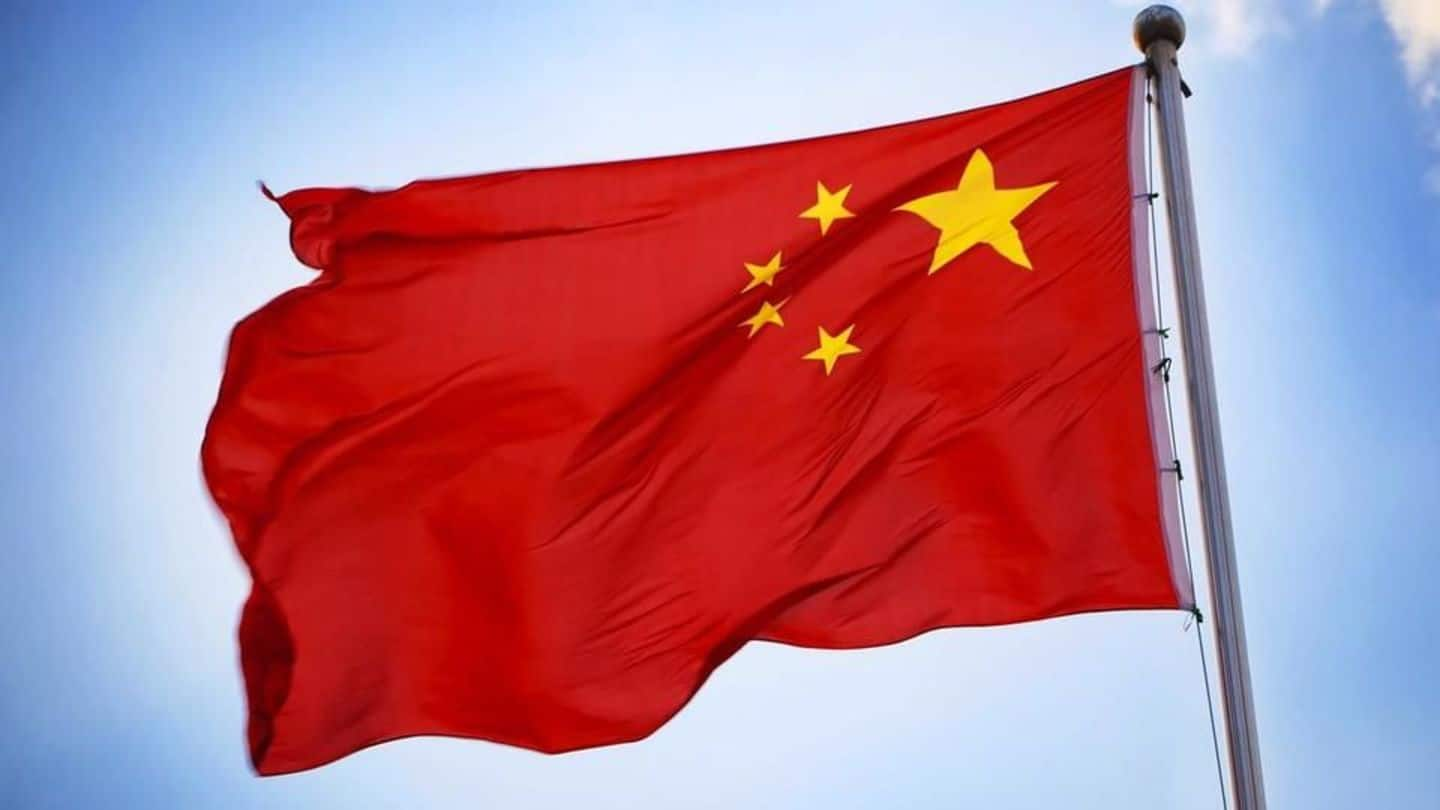
Rohingya crisis: What are China's interests in Rakhine?
What's the story
Amid rampant violence against Rohingyas in Myanmar's Rakhine state, China and India have been backing its government. Meanwhile, international observers and world leaders have been accusing Myanmar of allowing ethnic-cleansing of Rohingyas. In this context, two experts have opined that China will block efforts to internationalize the Rohingya crisis in order to protect its investments in the region. Here's more on what they said.
Who are Rohingyas?
Rohingyas believed to be world's most persecuted minority
The Rohingyas are an ethnic Muslim group who constitute around one million of Myanmar's predominantly Buddhist 50 million population. They speak a Bengali dialect, mainly reside in the country's impoverished northern Rakhine state. Myanmar views them as illegal Bangladeshi immigrants and doesn't officially recognize them as its citizens, rendering them stateless. The Rohingyas have allegedly been subjected to human rights abuses by Myanmar.
Why?
Why haven't China and India condemned the situation?
International observers, including the Red Cross and Amnesty International, have raised concerns about the humanitarian situation and widespread human rights abuses in the state. Countries, including the UK, France and the US have condemned Myanmar for turning a blind eye to ethnic-cleansing. However, China and India haven't done this and have expressed their support to the Myanmar government in their fight against extremism.
Investments
What are China's interests in the Rakhine?
Irene Chan, Associate Fellow at Singapore-based RSIS reveals that China has invested a $3.7 billion in a deep-sea port in the Rakhine; China reportedly sought 75-80% shares in this project. The port will help China establish a link to the Bay of Bengal and advance its One-Belt One-road initiative. Beijing also plans for an industrial park and a special economic zone in the state.
Expert opinion
What will China's position likely be on the issue?
According to Murray Hiebert, a scholar at the Washington-based Center for Strategic and International Studies, China is telling the UN and Myanmar that "it understands and supports Myanmar's attempts to preserve its sovereignty." "China would stand behind the Myanmar's opposition to any UN action," he adds. He also stated that "China surely wouldn't allow for a UNSC resolution or something similar at this point."
Conclusion
What does this mean?
Chan implies China's position means that for Beijing, "investment issue takes a higher precedence against the humanitarian issue." This implies that peace in the Rakhine is ultimately in China's interest. Beijing will push for this with Myanmar's leadership while maintaining its image as a benign, non-interventionist ally. Separately, China's investments in Myanmar also raises security concerns for India.